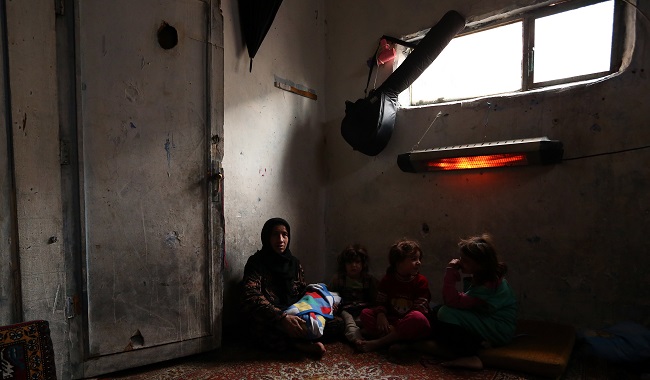
Days after the peaceful evacuation of Aleppo broke down in mid December, forces aligned with Syrian President Bashar al-Assad retook the embattled city. Initially Aleppo’s loss seemingly spelled disaster for the rebel forces locked in a violent civil war with the Assad regime, but news of a new ceasefire agreement on Thursday (following numerous failed attempts) suggested a slightly better outlook. Especially since Syria and the rebels’ primary backers, Russia and Turkey, had taken part in the new agreements. However, whether or not the various rebel groups scattered across the country participate in the new deals remains to be seen.
According to the New York Times, Russia announced on Thursday the joint agreement between them, Syria, the Syrian rebels and Turkey. The new ceasefire came as a result of renewed talks between the four parties in Moscow, though representatives from the United States were not involved since the Obama administration had suspended diplomatic talks over the matter in October. Nor were jihadists like the Islamic State, Syria’s branch of Al Qaeda and other “groups linked to them” part of the discussion. As for which rebel groups — if any — were involved, Russia’s announcement didn’t stipulate:
Russia, Mr. Assad’s backer, and Turkey, which supports some of the rebels, will guarantee the truce, to begin at midnight on Thursday, President Vladimir V. Putin of Russia said. Minutes later, the Syrian military said it would halt operations nationwide starting at midnight.
The two sides actually signed three agreements, Mr. Putin said: the cease-fire itself; an agreement detailing how it would be carried out; and a third expressing readiness to begin peace talks for a settlement to the conflict.
At one point, Putin and Russian defense minister Sergei K. Shoigu mentioned “seven rebel groups’ having signed on,” but no details were given regarding which groups had participated, or how. Meanwhile, rebel group spokesperson Ahmad al-Saoud told the NYT “meetings about the cease-fire were continuing in Ankara, the Turkish capital.”
Seeing as how the brunt of the information regarding the new ceasefire comes directly from Russia, it’s difficult to determine whether or not the peaceful agreement will be just that — peaceful. After all, Kremlin-backed news outlets have taken to branding all reports relating to the Aleppo evacuation crisis as “fake news,” which Assad himself began doing in October. What’s more, Russia’s announcement said nothing about the assassination of its ambassador to Turkey, Andrey Karlov, and whether or not that incident played a role in Turkey’s involvement in Thursday’s agreement.
(Via New York Times)
